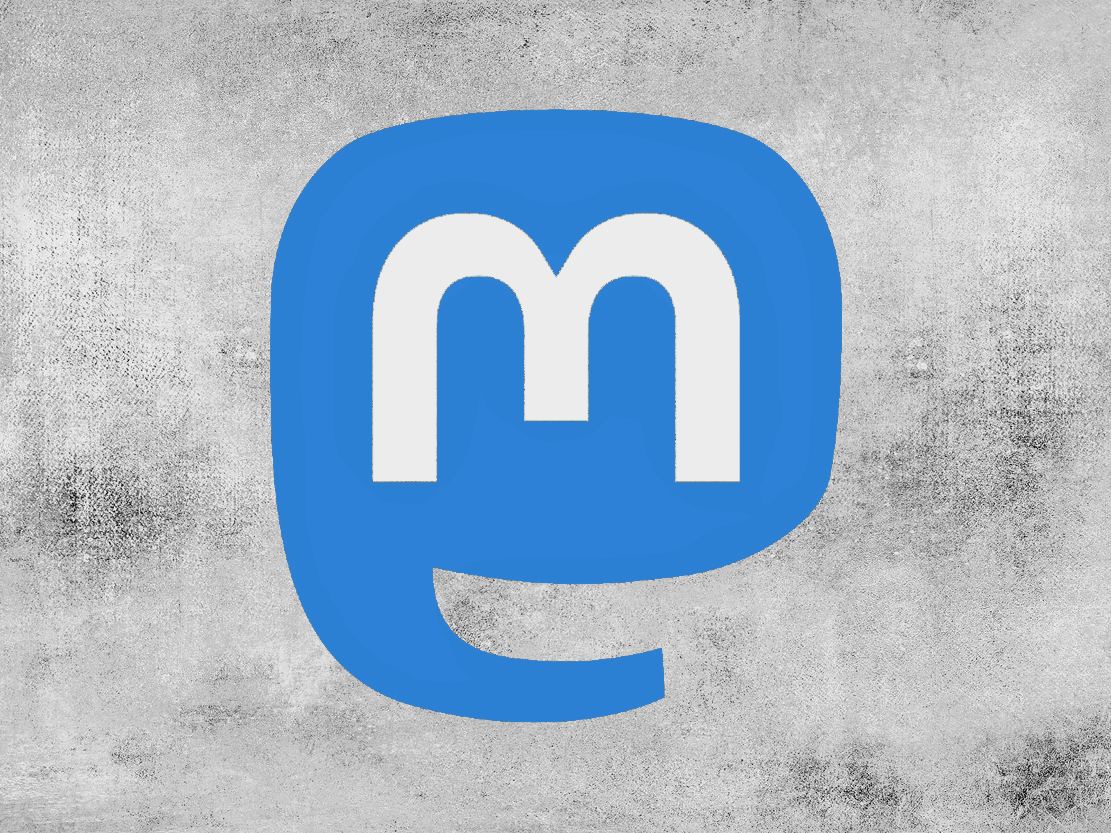‘Decentralised Twitter’ app launches for billions of users
Mastodon Android app comes after concerns raised about privacy, data collection and censorship on other platforms

A social network described as a “decentralised Twitter” is now available for billions of Android users after launching on Google’s Play store.
Mastodon is built using open-source software and allows users to post “anything they want”, without being served ads or catered to by an algorithm.
Since launching in 2016, Mastodon has gained around 4.5 million users depite not previously having an Android app available for the platform.
This is still well short of the roughly 330 million users of Twitter, though concerns about privacy, data collection and censorship have led to slowing growth as users seek alternatives.
Mastodon’s Android app launch comes just weeks after Twitter founder and former CEO Jack Dorsey expressed his regret for his part in making the internet a more centralised place.
“The days of Usenet, IRC, the web... even email (with PGP)... were amazing,” Mr Dorsey tweeted earlier this month. “Centralising discovery and identity into corporations really damaged the internet. I realise I’m partially to blame and I regret it.”
Twitter has since been subject to a hostile takeover bid from Elon Musk, who appears to share some of these same values as Mr Dorsey and hopes to mold it into one that favours free speech above profits.
“My strong, intuitive sense is that having a public platform that is maximally trusted and broadly inclusive is extremely important to the future of civilisation,” Mr Musk said at the 2022 TED conference in Vancouver last week.
Similar to Twitter and other social media platforms, Mastodon users can make a profile to post images, videos and text, as well as follow other users. Unlike Twitter, however, Mastodon is run by independent communities across different servers that mean no single person or company can control it.
“Mastodon isn’t a single website like Twitter or Facebook, it’s a network of thousands of communities operated by different organisations and individuals that provide a seamless social media experience,” the platform’s site explains.
“Without an incentive to sell you things, Mastodon allows you to consume content you enjoy uninterrupted. Your feed is chronological, ad-free and non-algorithmic – you decide what you want to see.”
Join our commenting forum
Join thought-provoking conversations, follow other Independent readers and see their replies
Comments
Bookmark popover
Removed from bookmarks